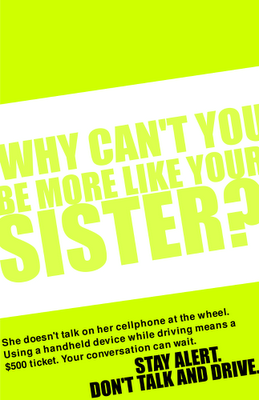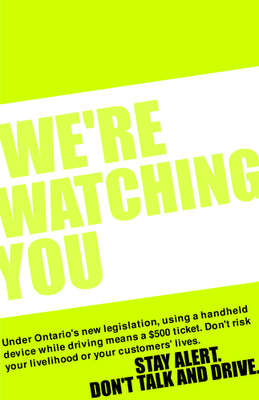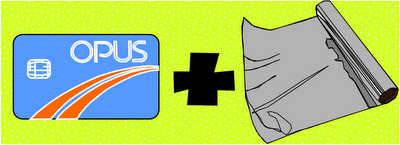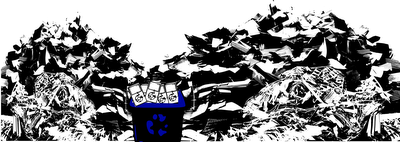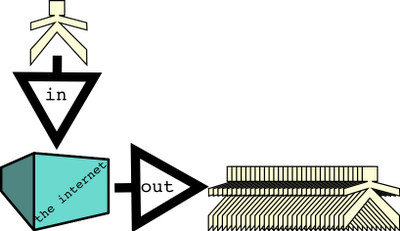Sitting alone
Sure, there are existing solutions. There's the raised bar with stools. But the bar has its own issues. For one, it turns the diner or drinker into a spectacle, raised and placed on the periphery. It also falls prey to what I like to think of as the subway problem: if there are three seats next to each other on the subway, the middle one is invariably the last to fill. Strangers just don't want to sit next to each other. The same goes for bars in eating areas. Half the seats go unfilled because solitary diners are loathe to make contact with each other.
Today, I've got two solutions to attach to this problem. The first is the half table. I'm talking about tables that are half the usual width, maybe two feet. Line them up in rows, like a classroom, with one chair each. You'll get rows of solitary eaters, staring at each others' backs, taking up less space and (hopefully) leaving quad tables for larger groups.
My second solution addresses the sitting together issue. Even if there are four seats, even if there are no vacant tables, people are unwilling to plunk themselves down at the table of a stranger. But that can be fixed. Imagine a large, square table with the usual four chairs. The difference is that this table is divided on its diagonals by thin walls a few feet high. This divides the table into four separate, triangular eating areas. Think of it as cubicles for eating.
Of course, all of this does nothing to address the underlying issue of isolation. Maybe it's a problem that people don't want to be together, want to pretend no one else is watching them eat. Even so, I think that problem is too big to be solved in a half hour food court lunch break.
Labels: analysis, clever ideas, commerce, problems, solutions
